School Day
1. Match the school subjects and the things you study on them:
| Description of the subject | School subjects |
| Events that happened long ago | Art |
| Figures and mathematical problems | Informational Technologies |
| Foreign words and grammar rules | Geography |
| Plants and animals | Literature |
| You run and jump in the Gym | History |
| Stories, novels, poems | Mathematics |
| Mountains, rivers, oceans | English |
| You have papers and pencils, a brush and an eraser | Biology |
| Computers | Physical Education |
2. Make up your own sentences:
| It is difficult | to be in time to school |
| It is important | to study the subject that you don’t like |
| It is not easy | to do well on all the subjects |
| It’s boring | to be attentive on the lessons |
| It’s fun | to make new friends |
| It’s exciting | to do homework |
| to discuss problems with your classmates |
3. Which rules do you think are suitable for you?
CODE OF CONDUCT:
1. All pupils should wear school uniform;
2. Pupils have to keep good discipline:
3. Pupils are not allowed to:
- have pocket knives at school;
- have cigarettes at school;
- bring bubble gum to school.
4. Pupils should come to school in time;
5. Pupils should be ready for class every day;
6. Pupils should respect their teachers;
7. Pupils should be polite.
4. Put the following letters in correct order. Find out some of the subjects that you have at school:
H, E, G, L, S, N, I – gives you a chance to visit different countries and to make friends in many parts of the world;
T, S, H, A, M – helps you to calculate how much money you will earn in your future;
T, E, L, A, E, R, U, T, I, R – helps you to live many lives without living home;
T, O, R, H, Y, S, I – makes you a participant of lots of events which happened long ago;
E, Y, H, P, G, O, A, R, G – you can visit different countries without leaving your own city;
Y, S, P, S, I, C, H – you can learn very important laws of discovering of the nature;
A, N, S, R, U, S, I – you can learn to speak and right in your own tongue;
G, Y, I, O, B, O, L – you can learn a lot about animals and plants.
5. Interview
Ask questions and fill in the table. Then speak about yourself.
| ride a bike | swim | skate | sing | run fast | climb a tree | |
| Teacher | ||||||
| Me |
For example:
Student: Can you ride a bike?
Teacher: Yes, I can.
Student: Can you swim?
Teacher: No, I can’t.
Family ties
1. Family quiz.
My father’s wife is my _________________
My sister is my parents’ _________________
My sister’s son is my ________________
My mother’s father is my ________________
My daughter is my sister’s ________________
2. Play a game in a group of three or more. One of you is the leader. The leader reads the definitions out. If you guess the word – cross it out. When you have crossed out three words in a line or in a column – say: “Bingo!” You should write the words in a different order.
Definitions:
- Eleven people in a team are playing this game.
- It is something people have and like to do in free time.
- When we ask a question how tall the person is we want to know their…
- It is something or somebody that makes you laugh.
- She’s your father’s wife.
- It’s synonym to like.
- It’s when everybody knows this person.
- Your mother, dad, sister, brother and grandparents make your….
- People do it to music or without it…
- E.g.
|
Football |
Hobby | Sing |
| Height | Funny | Mother |
| Be fond of | Famous | Family |
3. Ask your family members if they can sound or act like the following animals.
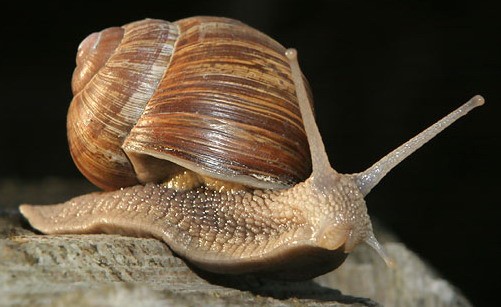
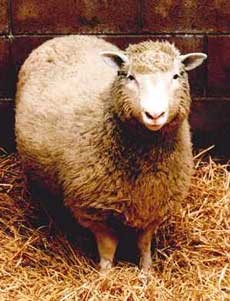

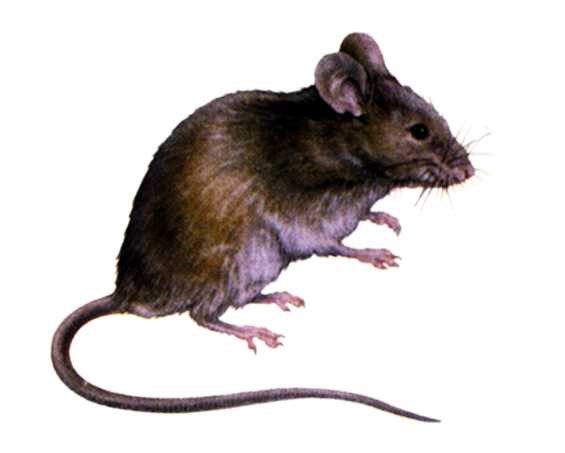

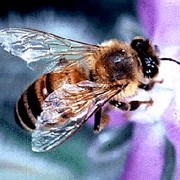
| Can you… | NAME | NAME | NAME |
| creep like a snail? | |||
| bleat like a sheep? | |||
| moo like an ox? | |||
| squeak like a mouse? | |||
| see in the dark like an owl? | |||
| work hard like a bee? |
Share the results of the questionnaire with your partner.
Compare your charts. e.g. My mum can bleat like a sheep but Mike’s mum can’t.
4. Order the words and make up the questions. Answer these questions. Then ask your partner:
- tall/how/you/are?
- weigh/do/how much/you?
- have/what/you/kind of hair/got?
- it/color/what/is?
- describe/how/you/your/build/can
5. Describe your family members using these adjectives.
| 1. Cool | 4. clever | 4. clever |
| 2. kind | 5. friendly | 8. naughty |
| 3. sweet | 6. noisy | 9. caring |
- My mother is….. (caring, sweet, beautiful);
- My father is …… (funny, clever, handsome);
- My brother is….. (noisy, cool, friendly).
6. And now guess some traits of character!
- He knows many things. He studies very well. He likes reading books. He is… (clever)
- She has got a lot of friends. She likes to spend her free time with them. She is….. (friendly)
- I know many jokes. I like telling stories. I can make people laugh. I’m… (funny)
In all weathers
1. Where does it happen? In winter? In summer? In autumn? In spring?
- the birds return
- it is Christmas
- time for long holiday
- chocolate eggs
- it is very hot
- the leaves fall
- the birds leave
- new leaves appear
- sometimes it snows
- it is very cold
- the days are long
- the start of the year
- Valentine’s Day
2. Look at the picture. Which clothes are for warm/cold weather?
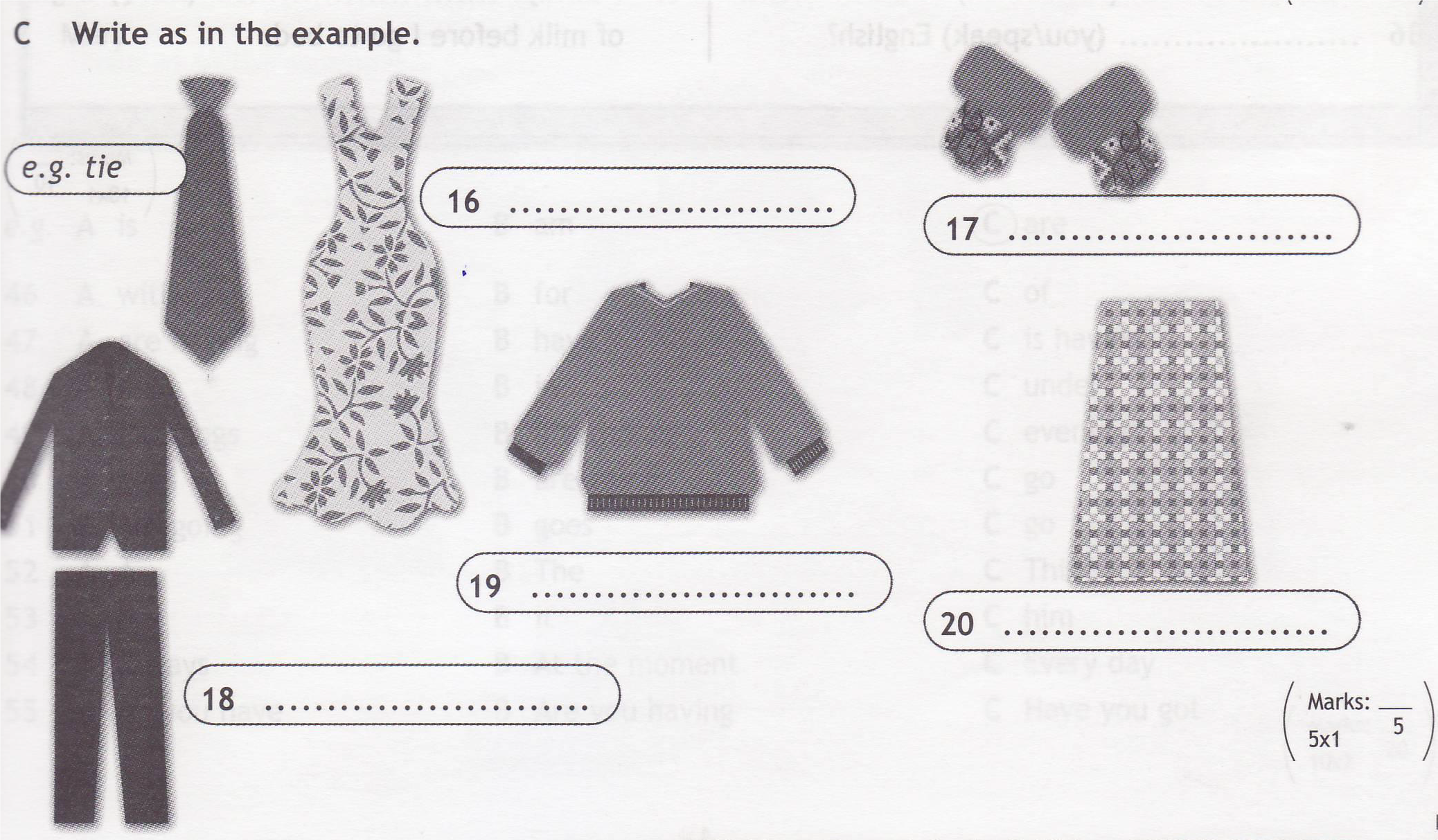
3. Discuss your clothes in different seasons. What do you usually wear? What are you wearing now?
4. Use the international weather forecast from a newspaper or the Internet. Imagine you are in different parts of the world. Use the language in the box to act out a short telephone conversation.
| What’s the weather like today? | |
| Responding Negatively | Responding Positively |
| - It’s awful! | - It’s a lovely/beautiful day! |
| - It’s terrible! | - It’s warm! |
| - It’s freezing! | - It’s very hot! |
| - It’s cold! | - (It’s) fabulous! |
For example:
A: - Hi, Tanya. Where are you?
B: - I’m in Belfast
A: - What’s the weather like in Belfast today?
B: - It’s awful. It rains all the time.
Special days
1. Match the name of the holiday in English and its variant in Russian.
| Christmas Day | День защитника Отечества |
| Easter | День Победы |
| Boxing Day | Рождество |
| Good Friday | Весенний день отдыха |
| Spring Bank Holiday | День рождественских подарков (Второй день Рождества) |
| Victory Day | Пасха |
| Motherland Defender Day | Великая пятница |
2. Which of the holidays below do people celebrate in Russia, Great Britain, both?
Christmas Day Motherland Defender Day Spring Bank Holiday New Year’s Day Boxing Day Constitution Day Guy Fawkes Night Victory Day Trinity
3. Speak about the holiday you like most of all. Use the questions as a guide to your speech.
- What holiday do you like most of all? Why?
- Do you know the history of this holiday? What is special about this day? How did people start to celebrate this day?
- When do you celebrate it?
- How do you prepare for it?
- How do you congratulate your nearest and dearest on this holiday?
- What do you like to get as a present for this celebration?
- Do you (Does your mum) cook any special meal on this day? What do you have for holiday dinner?
4. Look at the list of festivals. Which of them do people celebrate in summer/ spring/autumn/winter?
- Holi
- Easter
- Thanksgiving
- Boxing Day
- The banana festival
- Trinity
- Chuseok
What countries do people celebrate these holidays in?
Modern living
Going shopping
1. Look at the department store plan. Which shops do you usually visit when you go shopping?
| HERCULES | ||
| BASEMENT Food | FIRST FLOOR Childrenswear, toys, stationary | THIRD FLOOR Food court, game zone |
| GROUND FLOOR Shoes, sportswear, cosmetics | SECOND FLOOR Menswear, ladieswear | FOURTH FLOOR Furniture, electrical goods |
2. Look at the department store in ex. 3 again and say which floor you will go to buy:
An armchair
A packet of tea
A TV
A lipstick
A tie
A pair of boots
Clothes for your little sister
Pencils
A skirt
Let’s go!
3. Name 2-3 your favourite films:
Horror –
Romance –
Comedy –
Action –
Animated –
4. Interview your family on the same topic. Complete the chart:
| TYPE OF FILM | MUM | DAD | SISTER/ BROTHER | GRANNY/ GRANDAD | _______ |
| Horror | |||||
| Romance | |||||
| Comedy | |||||
| Action | |||||
| Animated | |||||
| _______ |
5. Speak about your family preferences. What is the most popular film type? Whose interests do you share? Do your parents like the same films as you do?
Holidays
1. Do you like travelling? What is your favorite way of travelling? Explain your choice.
2. What types of holiday do you know? There are some more types of holiday popular throughout the world. Match the words with their definitions.
| Winter holiday | means putting up a tent and sleeping in it |
| Camping | often means skiing, winter sports |
| Walking holiday | means going on a big comfortable bus |
| Coach tour | usually means walking up mountains |
3. Read a memo for a traveller. What do you usually do from the list? What is new for you? What will you do next time?
| I always take: | I usually: |
| my passport | send postcards to my friends and relatives |
| a visa | try a local food |
| my tickets | take pictures of interesting places |
| currency | try to speak the language |
| a camera | go to the Tourist Office if I have any questions |
| a phrase book | |
| my luggage |
4. Suggest/Invite your friend to
- go fishing
- sunbathe
- hike
- windsurf
- go jet skiing
- sailing, etc.